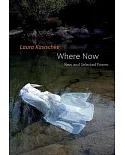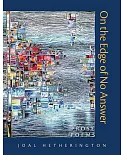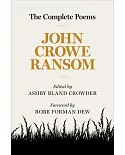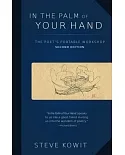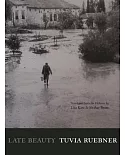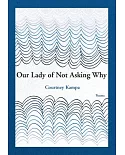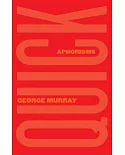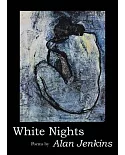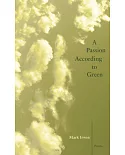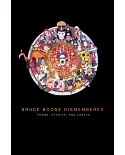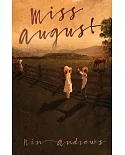Damion Searls's translations of Rilke are wonderfully fresh and concentrated, and catch superbly that intent, listening quality which is perhaps the essential characteristic of this great
poet's work. Rilke continues to fascinate, and in Searls we have a fascinating new interpreter. John Banville
Reading these pages is like pulling out your pockets expecting to find nothing but lining, and discovering instead a neglected roll of bills. Pieces of Rilke's œuvre have been led out of the
shadows by Damion Searls's original and revelatory translation to alter our understanding of the whole. William Gass
Damion Searls wipes clean the often-foggy lens through which non-German readers of Rilke have hitherto experienced him, and the result feels like a dream in which you can understand perfectly a
language you didn't think you knew. Rilke's thrilling precision and disorientations and purposefulness are all suddenly there in English. This book is a great way to embark or re-embark on the
adventure of reading him. Jonathan Franzen
No matter their level of familiarity with Rilke, The Inner Sky belongs on the bookshelf of any literature lover, thanks largely to Searls's deft translation and grouping of Rilke's work. This
nontraditional collection predates prose poetry and short-short fiction, yet speaks to these contemporary styles of new craft. Rachel Mennies, ForeWord Magazine
The Inner Sky is a new bilingual selection of Rainer Maria Rilke's poems and prose pieces, many of them little known and never before translated into English. These translations, by the NEA-and
PEN-award-winning Damion Searls, present a significant new voice for Rilke, one more intimate than oracular. Here is Rilke, not in his usual role of channeling the gods, but looking up from a
book, musing about the girls of his Czech homeland, sharing his hallucinatory dreams and the olfactory pleasures of keeping lemons on his writing desk in winter.
Searls's selection of texts clusters around a handful of related images and ideas - birds and trees, giving and receiving, working and waiting, girlhood and gardens - and explores how we relate
to both the outer world and the inner world of the imagination. Both general readers and students of Rilke will benefit from the German and French originals opposite the translations. An
annotated chronology and an afterword on the art of translation complete this rich new volume, a necessary addition to even the most complete Rilke library and the perfect introduction for
those just getting to know this perennial master.
We are right at the start, do you see. As though before everything. With a thousand and one dreams behind us and no act.
I can imagine no knowledge holier than this: that you must become a beginner. Someone who writes the first word after a centuries-long dash.


